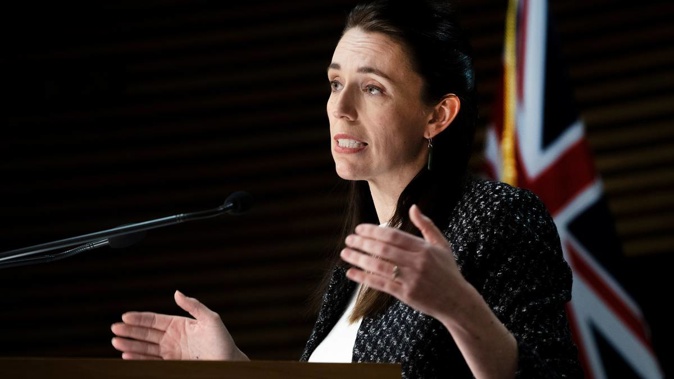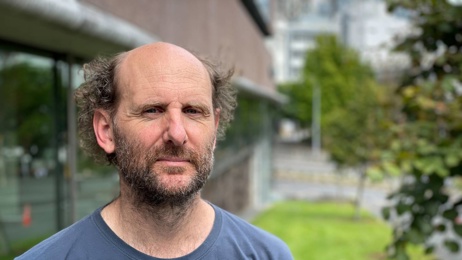
New Zealand's elimination strategy, celebrated around the world at the start of the pandemic last year, is now effectively over - and the rest of the world has reacted.
Yesterday Prime Minister Jacinda Ardern described "transitioning from our current strategy, into a new way of doing things".
"Elimination was important because we didn't have vaccines. Now we do, so we can begin to change the way we do things. We have more options. And there's good cause for us to feel optimistic about the future," Ardern said.
"But we cannot rush," she warned.
"That's why we need to continue to contain and control the virus as much as possible while we make our transition from a place where we only use heavy restrictions, to a place where we use vaccines and everyday public health measures."
While there was praise for our earlier achievements at keeping the virus at bay, there was widespread criticism around the world of our slow vaccine rollout.
"New Zealand has finally acknowledged what most other countries realised long ago, that it cannot completely eradicate Covid," wrote the Daily Mail, who described NZ's earlier attempt to reach zero Covid cases as "draconian".
The New York Times featured the story on its homepage, writing that the current lockdown had "tested the patience" of many Kiwis and writing that "on Monday, New Zealand gave up the ghost".
"Overall, New Zealand's approach to the virus has been a spectacular success, giving it one of the lowest rates of cases and deaths in the world, and allowing its people to live without restrictions during most of the pandemic," the Times wrote.
"But the mood among many in Auckland has soured as the most recent lockdown has stretched on."
The slow vaccine rollout was also highlighted in the report, which stated: "The campaign began in earnest only last month".
Its coverage closed with a quote from political commentator Morgan Godfery, writing about the "particular sacrifice" now being asked of Māori and other marginalised communities.
The slow vaccine rollout was highlighted by media around the world in their reporting of our Covid policy shift.
Reuters described it as "sluggish" and the Associated Press wrote: "New Zealand began its vaccination campaign slowly compared to most other developed nations. Rates rocketed in August after the outbreak began but have dropped off significantly again since then."
In Britain, the Daily Telegraph wrote: "New Zealand Prime Minister Jacinda Ardern on Monday acknowledged something most other leaders did long ago: her government may never completely get rid of the coronavirus."
It noted that our elimination policy had worked "remarkably well" but wrote that Ardern's shift in policy had been "slammed" by other politicians.
That thread was picked up on Twitter by the NZ correspondent for the Australian Associated Press, Ben Mackey.
"You have to hand it to Jacinda Ardern," Mackey wrote in the widely-circulated tweet.
"The most popular politician in a generation makes a Covid-19 announcement that upsets literally everyone."
In a separate column for the Telegraph, the newspaper's associate editor Gordon Rayner wrote that New Zealand faced a "delayed health disaster".
Rayner wrote that "Ardern's failure to vaccinate the Kiwi population... has made the country the perfect host for Delta," providing his readers with wildly inaccurate view of a population 80 percent unvaccinated.
In reality, around half of New Zealand's eligible population is fully vaccinated, with an additional 30 per cent percent of the over-12s having received one dose.
"She threw a belt around her country, but did not bother with the braces," Rayner wrote, before comparing our response to Sweden and warning that the "worst may be yet to come".
Latest figures show the UK has suffered 137,000 Covid deaths and Sweden nearly 15,000.
New Zealand's total stands at 27.
Take your Radio, Podcasts and Music with you









